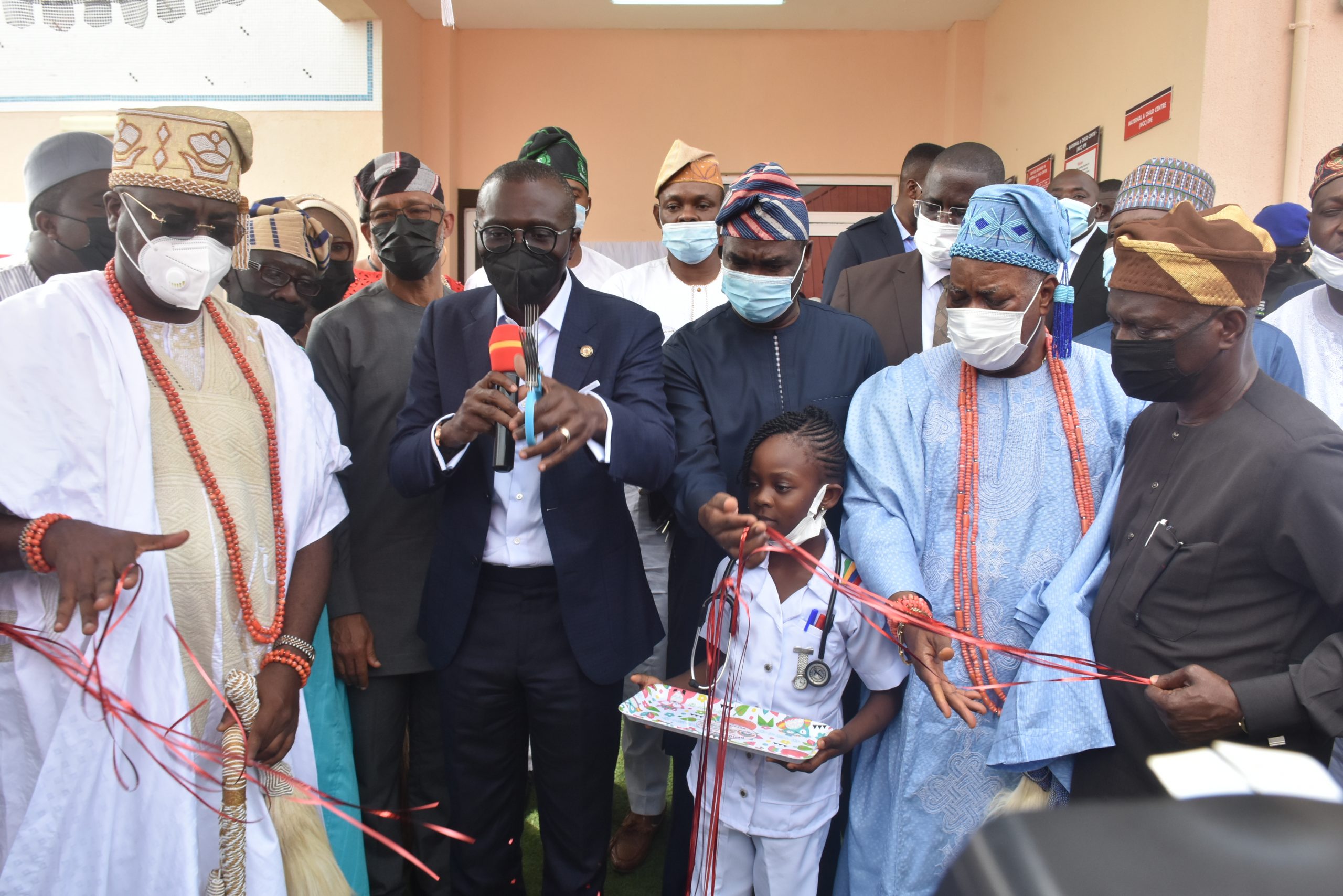Business
Lagos LCDA Invests In Real Estate, Generates Over N150m IGR

The Agboyi-Ketu Local Council Development Area (LCDA) in Lagos State says its investment in real estate has yielded over N150 million as part of its Internally Generated Revenue (IGR) toward improving lives and livelihoods of the people.
The Chairman of the Council, Dele Oshinowo, told newsmen in Lagos yesterday that the council exploited its area of comparative advantage (Land) and ventured into housing units for the benefit of the residents.
According to him, paucity of funds has brought the council behind in terms of infrastructural development over the years, but through its ingenuity, about 150 buildings had been built to yield revenue for the council.
He said that the project, which was initiated by his predecessor, Chief Yetunde Arobieke in 2010, was taken up by his administration to push the council forward and bring succour to the people.
“We have looked at our comparative advantage, which is land, and decided to utilise it. I am doing away with building markets and shopping malls that characterises local government system.
“We decided to go into housing with the creation of a Property and Investment Board managed by a seasoned administrator. We have generated a lot of money from that, it is over N150 million and we will still generate more.
“Now, we are having about 150 blocks of buildings that can house over 2500 families. The occupants will patronise our markets, engage artisans and contribute to the development of our area,” said Oshinowo, who is seeking re-election.
The council boss said that the LCDA appeared to be the first council investing in housing projects in the country and would do more business to better the lives and livelihoods of the people at the grassroots.
He said that the council had also applied for 30 hectares of land to engage in agriculture and increase its IGR.
He added that the council had empowered about 400 people through trainings in various skills lasting between six months and two years under the Agboyi-Ketu Empowerment Scheme.
Oshinowo said that he was determined to bring in more investors to create employment and improve quality of lives, especially for the youth and the downtrodden.
Oshinowo then called for devolution of more powers to the local government to improve governance and enhance development at the grassroots.
According to reports, the Lagos State Independent Electoral Commission (LASIEC) has scheduled July 24 for elections into the 20 Local Governments and the 37 LCDAs in the state.
Business
Two Federal Agencies Enter Pack On Expansion, Sustainable Electricity In Niger Delta

Business
Why The AI Boom May Extend The Reign Of Natural Gas

Business
Ogun To Join Oil-Producing States ……..As NNPCL Kicks Off Commercial Oil Production At Eba




